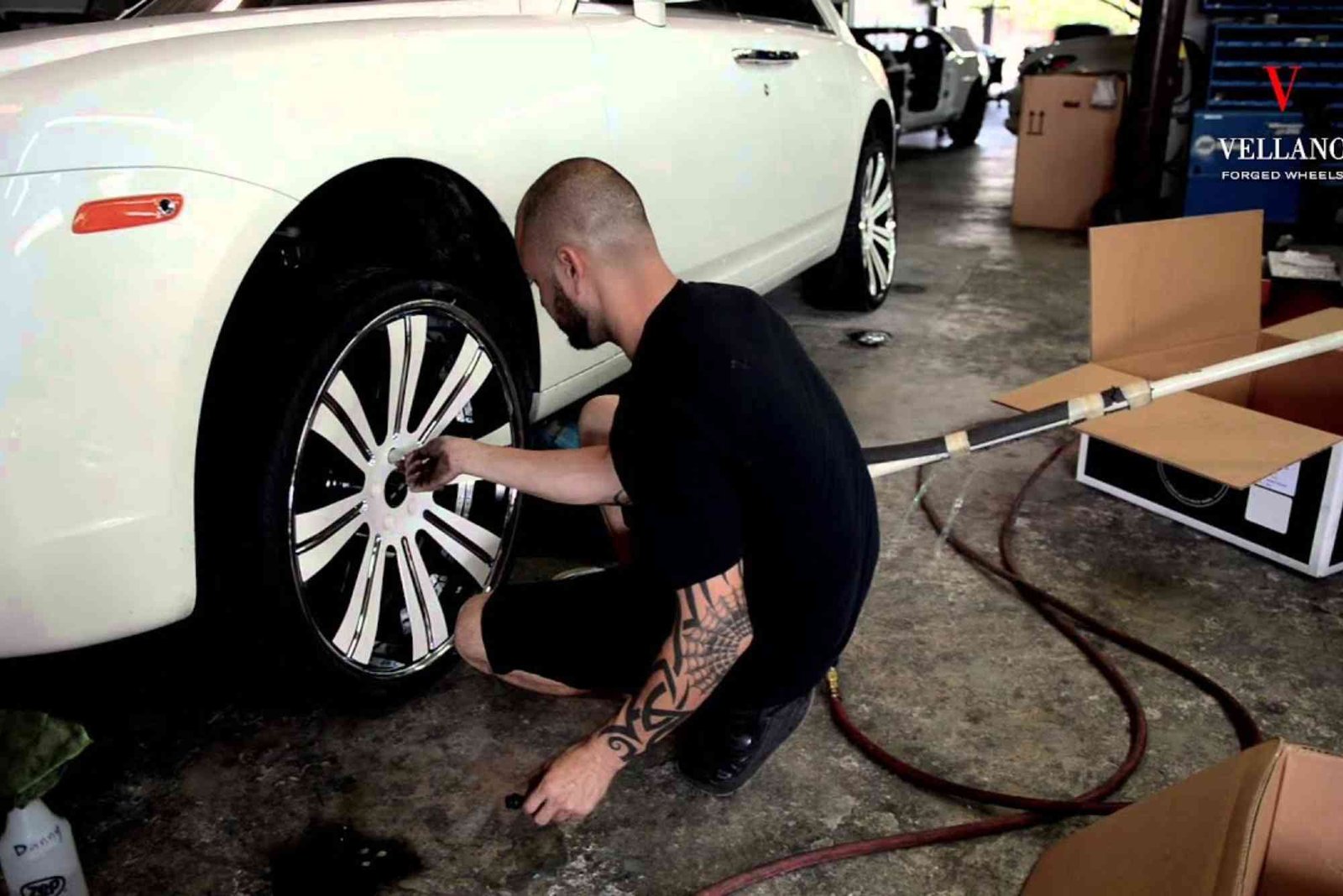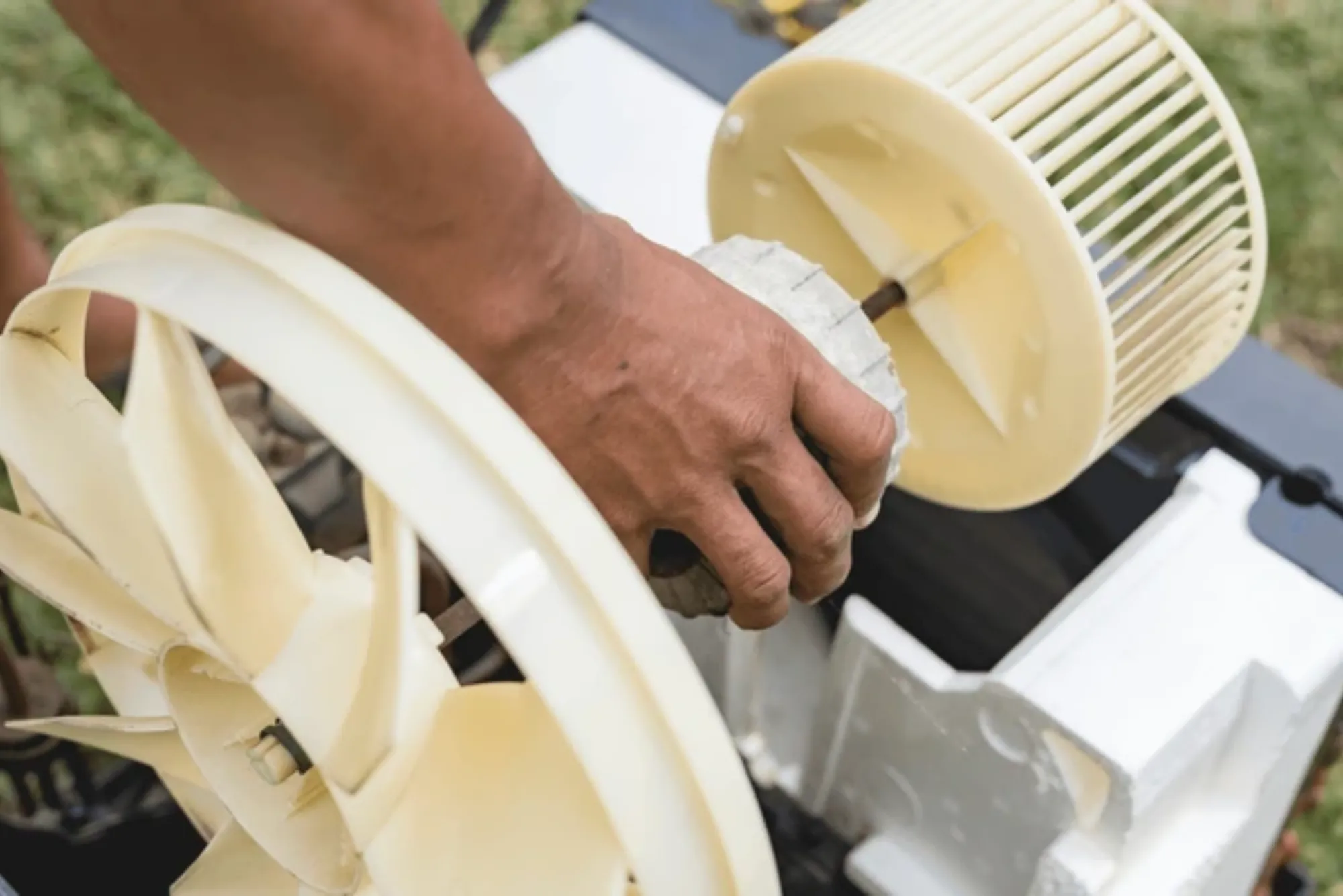Introduction
German cars are renowned for their engineering precision, luxurious performance, and long-lasting build. Brands like BMW, Mercedes-Benz, Audi, and Volkswagen dominate Lafayette’s roads because of their unmatched quality and advanced technology. However, when it comes to maintaining and repairing these vehicles, even small mistakes can lead to significant issues. Understanding the Top Mistakes to Avoid When Lafayette German Car Repair is essential for every owner who values their vehicle’s performance and longevity.
Whether you drive a sleek BMW, a powerful Audi, or a classy Mercedes, maintaining your German car requires more than basic auto knowledge. German vehicles are built with specialized systems and materials that demand professional attention. In this detailed guide, we’ll explore the most common mistakes Lafayette car owners make when handling repairs — and how you can avoid them to keep your car running smoothly.
Why German Cars Require Special Attention
German automobiles are engineered with precision parts and advanced computer systems that differ significantly from other vehicles. Unlike standard cars, they are designed for performance and balance, not just convenience. These vehicles feature sophisticated electronics, turbocharged engines, and unique transmission setups. Therefore, general mechanics often struggle with them unless they are trained specifically in German automotive technology.
Ignoring this difference is one of the most common mistakes owners make. Choosing the right repair shop is not just about saving money — it’s about ensuring your vehicle continues to perform at its best.
Not Choosing a Certified German Car Specialist
One of the biggest mistakes in Lafayette German car repair is trusting your vehicle to a general mechanic instead of a certified German car specialist. German cars require diagnostic tools that standard garages often don’t possess. For instance, the OBD-II scanners used for Japanese or American vehicles may not accurately read the fault codes in a BMW or Audi.
Specialized German car technicians use advanced diagnostic systems that align with the manufacturer’s software, ensuring precise fault detection and repair. Always make sure the mechanic you choose is trained in handling European vehicles. This helps prevent unnecessary replacements, incorrect diagnoses, and expensive follow-up visits.
Using Non-Genuine or Cheap Replacement Parts
Another common mistake is using aftermarket or low-quality replacement parts. German car manufacturers design components to exact specifications for each model. Using cheap or non-OEM parts can severely affect the vehicle’s performance, safety, and fuel efficiency.
For example, installing non-genuine brake pads or filters might seem economical initially, but these parts can cause long-term damage. OEM (Original Equipment Manufacturer) parts are designed to match your car’s precision, ensuring durability and reliability. Spending a little more upfront saves you from bigger repair bills later.
Ignoring Scheduled Maintenance
German vehicles rely on regular, timely maintenance to function correctly. Many owners in Lafayette postpone maintenance services such as oil changes, brake inspections, or fluid replacements, thinking the car can last longer between intervals. However, this neglect can lead to internal engine wear, poor fuel economy, and system malfunctions.
Unlike other cars, German models often use synthetic oil and advanced cooling systems. Missing just one scheduled service can compromise these components. Following the maintenance schedule recommended in your owner’s manual is the key to longevity.
Overlooking Electronic System Updates
Modern German cars are computerized machines on wheels. Software updates control everything from the engine management system to the air conditioning. Unfortunately, many car owners overlook the importance of updating these systems.
Skipping an update can result in performance lags, fuel inefficiency, and even dashboard malfunctions. Reputable repair centers in Lafayette ensure these updates are part of regular maintenance. Always ask your technician if your car’s software is up to date during each visit.
DIY Repairs Without Proper Tools or Knowledge
With online tutorials easily available, many car owners attempt to repair their vehicles at home. While DIY maintenance like tire rotation or windshield cleaning is fine, handling engine, transmission, or suspension repairs yourself can be risky.
German vehicles require specialized tools, torque specifications, and calibration equipment. A simple mistake, like over-tightening a bolt or using the wrong diagnostic code reader, can lead to expensive damage. Always trust a certified German auto technician who understands the intricacies of these vehicles.
Neglecting Transmission and Cooling System Care
The transmission and cooling systems in German cars are exceptionally advanced but sensitive. Transmission fluids need replacement at specific intervals using the correct type. Similarly, coolant mixtures in German vehicles often differ from those used in other cars.
Many owners in Lafayette use generic fluids or postpone replacements, causing overheating, leaks, and transmission failure. Using manufacturer-approved fluids and following service guidelines ensures smooth performance and protects against overheating and corrosion.
Misdiagnosing Minor Warning Lights
German vehicles are designed with sensitive sensors that immediately detect irregularities. When a check engine or ABS light appears, it’s a signal that something needs attention. However, many drivers ignore or misinterpret these lights, thinking it’s a minor issue.
Delaying professional diagnostics can transform a small electrical issue into a costly engine repair. Always have a professional technician inspect warning lights promptly to prevent extensive damage.
Failing to Keep Maintenance Records
Keeping a record of every repair and service is crucial. Not only does this help mechanics track recurring problems, but it also increases your car’s resale value. In Lafayette, buyers often prefer vehicles with detailed maintenance histories because it proves proper care and reliability.
Many owners forget or ignore this simple habit, which can make future repairs harder to track and more expensive.
Choosing Cost Over Quality
While it’s understandable to seek affordable repairs, choosing the cheapest option often leads to poor results. Low-cost garages may skip proper inspections, use counterfeit parts, or employ untrained mechanics. The initial savings can quickly turn into higher expenses when the issue reappears.
Quality repairs might cost more upfront, but they preserve your vehicle’s performance, safety, and overall value. Always prioritize reputation and expertise over price.
Ignoring Professional Advice
When your mechanic recommends replacing a worn-out component, it’s for your car’s protection. Unfortunately, many drivers decline these recommendations to save money. This short-term thinking often leads to bigger mechanical issues later.
If your technician suggests a repair or upgrade, ask for a detailed explanation instead of refusing outright. Understanding the reasoning behind the advice can help you make informed decisions.
Protect Your Investment with Smart Care
German cars are investments that require precision, attention, and expertise. Avoiding the Top Mistakes to Avoid When Lafayette German Car Repair can save you from unnecessary costs, performance drops, and long-term damage. Always choose certified German car specialists, use genuine parts, and follow maintenance schedules religiously.
If you want to ensure your car performs at its best, explore detailed expert advice through Lafayette German Car Tips for better insight. You can also Learn How Lafayette German Guide explains smart maintenance and repair techniques for your luxury vehicle. For further information, check out the Related read on wikienterpriser.com about Lafayette German Car Repair to expand your understanding of German car care essentials.
Keeping your German car in top condition requires commitment, but the reward is worth it — smooth performance, safety, and a car that turns heads for years to come.
If you own a German car in Lafayette, don’t wait for small issues to become major problems. Schedule your inspection with a certified German car specialist today and experience the difference of professional care that matches your vehicle’s precision.
FAQs
Why do German cars need specialized repair services?
German cars feature advanced technology and unique parts that require trained technicians and specialized diagnostic tools for accurate repair.
Are German car repairs more expensive than regular cars?
Yes, but the cost reflects the precision engineering and quality parts. Proper maintenance prevents bigger expenses later.
Can I use aftermarket parts in my German car?
It’s not recommended. Non-OEM parts can affect performance and durability, leading to further mechanical issues.
How often should I service my German car?
Generally, every 10,000 to 15,000 miles. However, check your car’s manual for model-specific recommendations.
What should I look for in a German car repair shop in Lafayette?
Choose a shop with certified German car technicians, access to OEM parts, and advanced diagnostic tools.
Can skipping minor services really damage my German car?
Yes. Even small delays in oil changes or fluid checks can cause major engine or transmission damage over time.
How do I know if my mechanic is qualified for German car repairs?
Ask about certifications, experience with European cars, and the diagnostic systems they use before handing over your vehicle.
By understanding and avoiding these mistakes, Lafayette German car owners can protect their vehicles and ensure peak performance. With the right knowledge and care, your car will continue to deliver the driving excellence it was built for.










